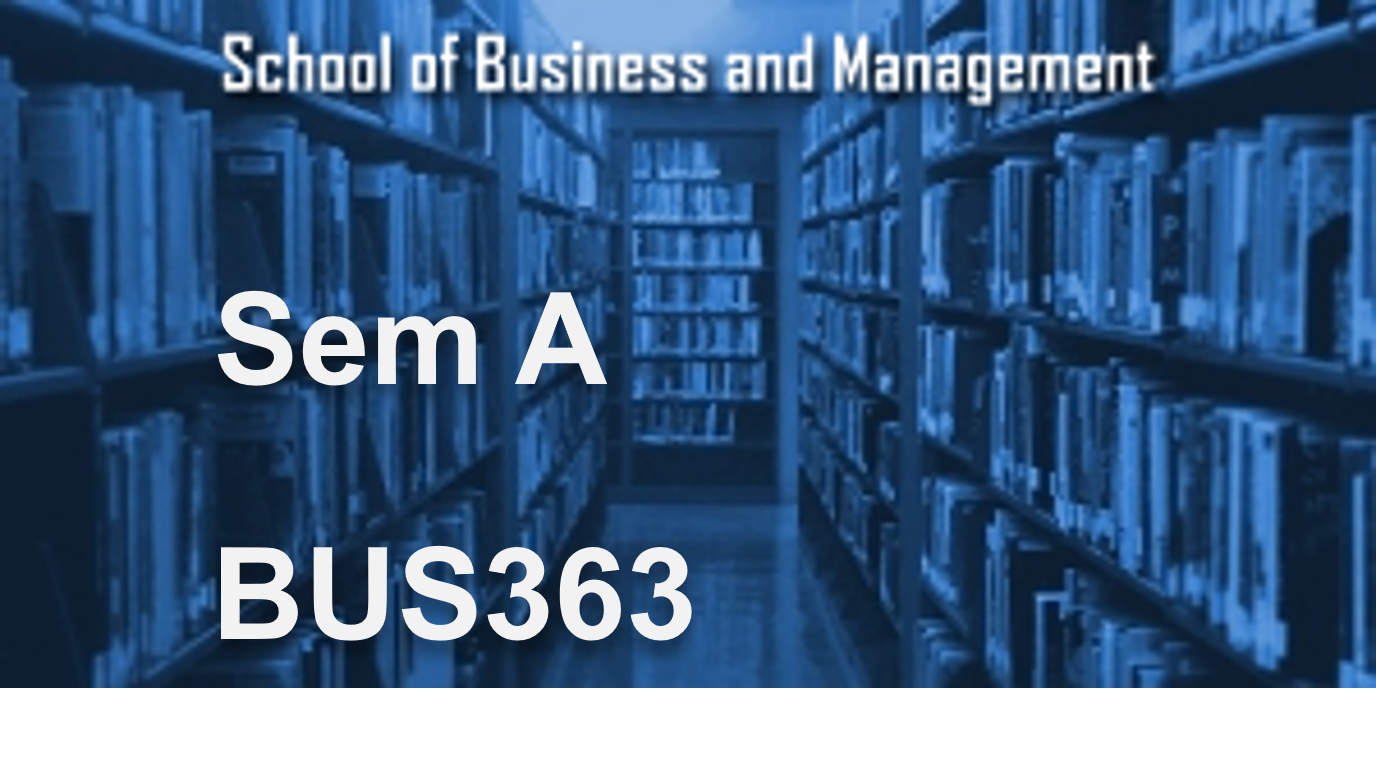The Module Evaluation Surveys are confidential questionnaires about how things are going on the modules you have taken. Your voice is crucial in helping us to improve your experience and the experience of future students.

Please tell us what you have enjoyed as well as what you feel we can improve on to allow us to further build on your positive experience.

